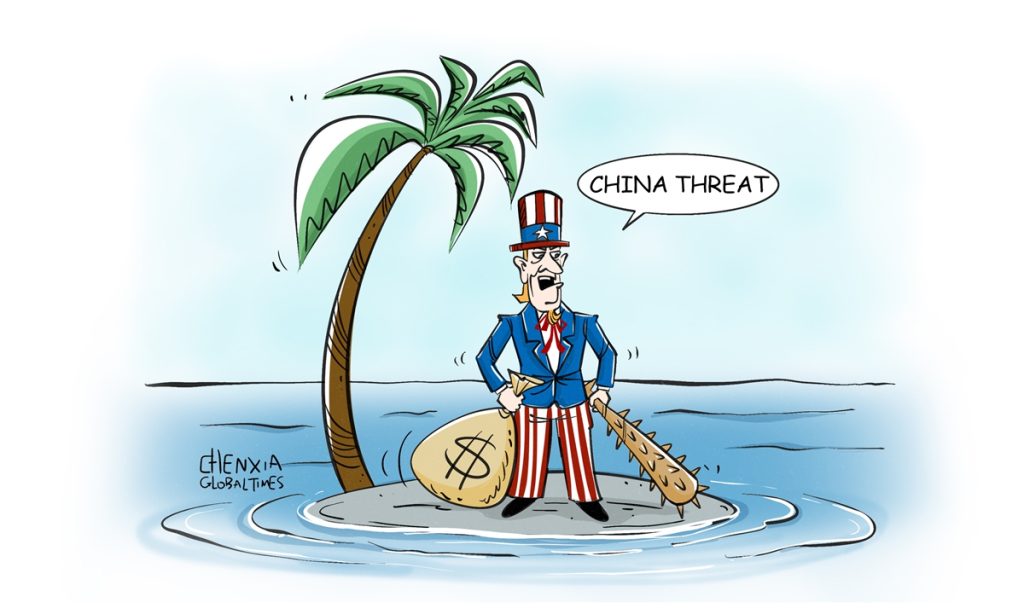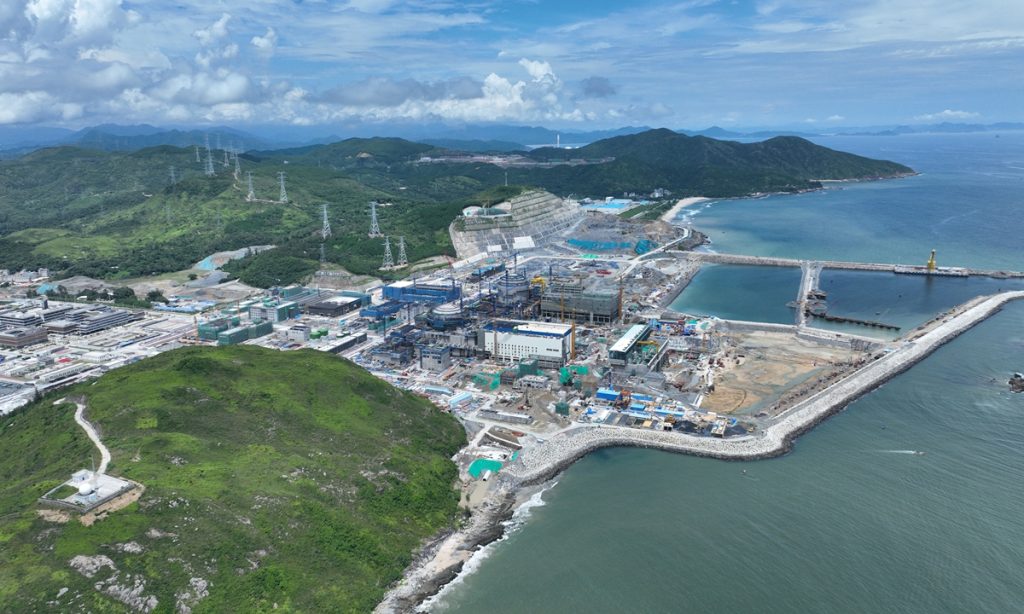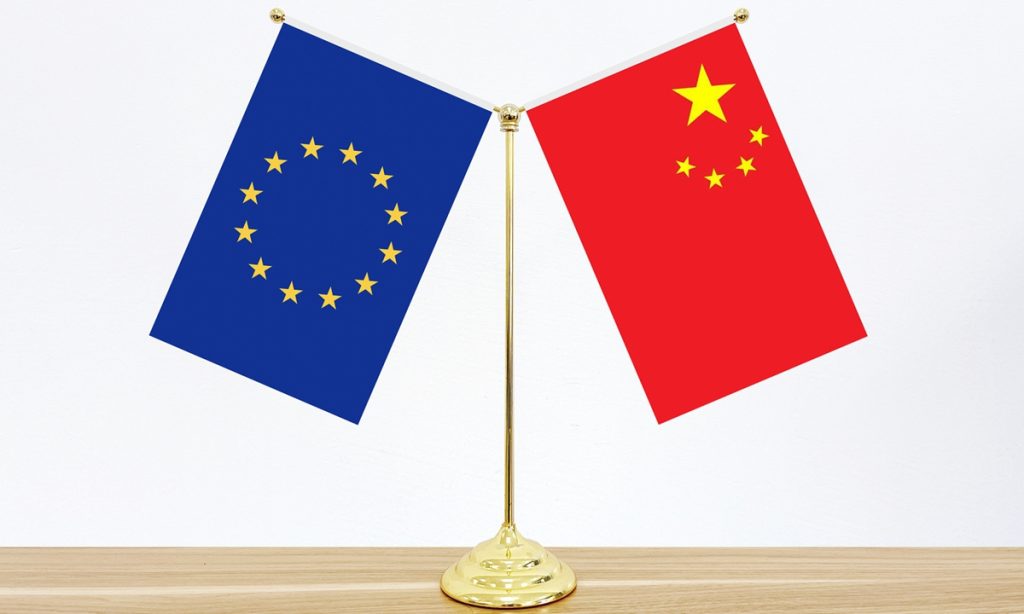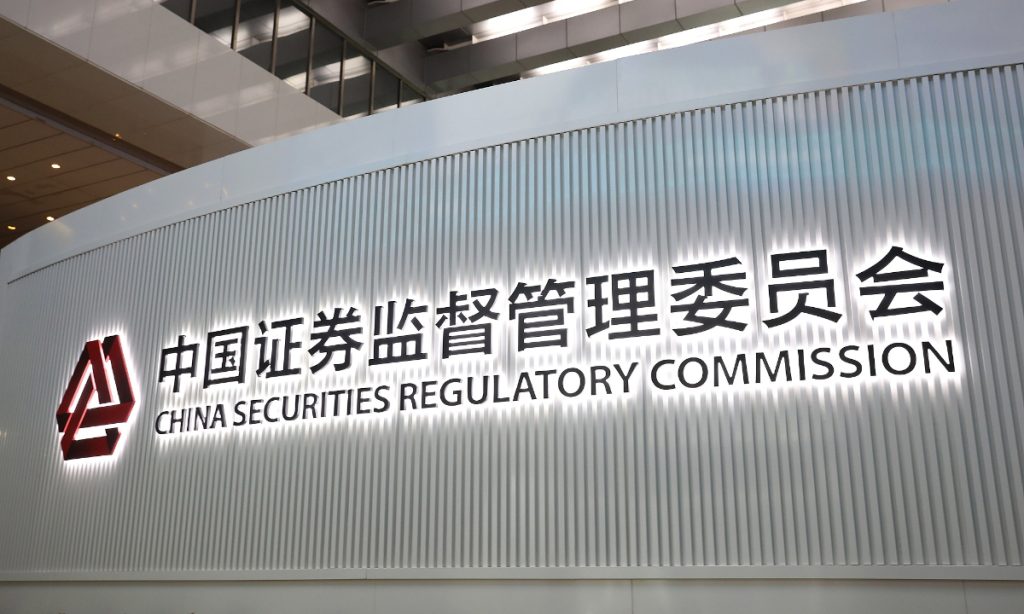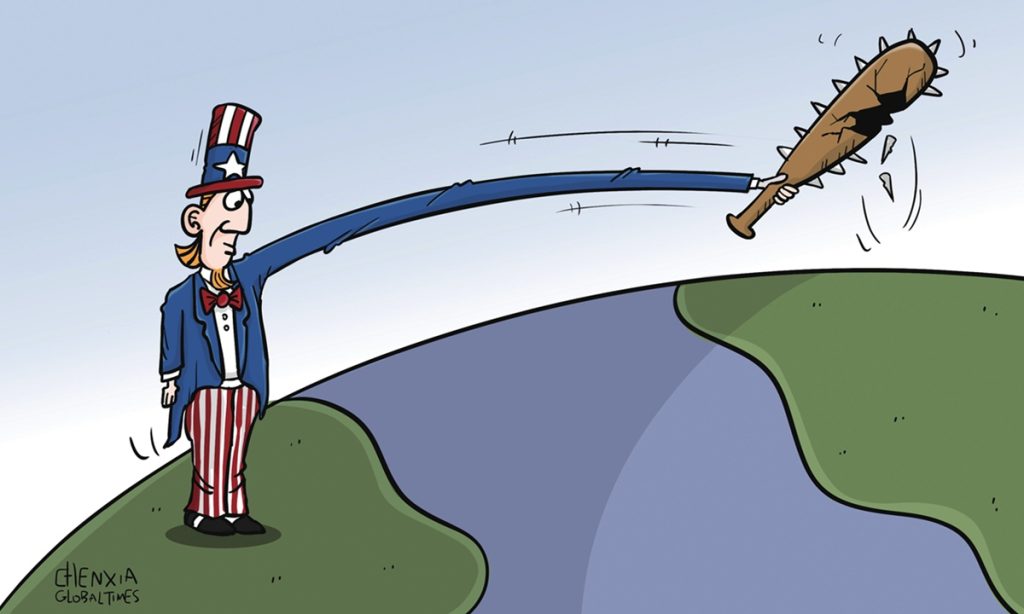China-Europe Railway Express sees rapid growth amid changing global logistics
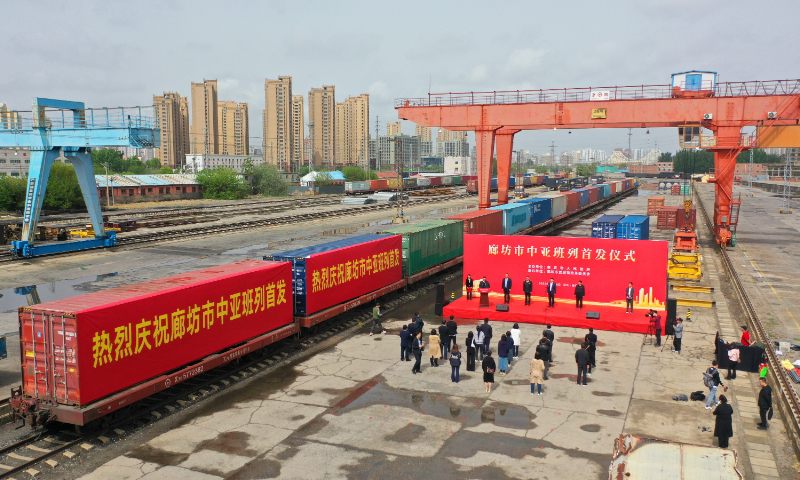
The China-Europe Railway Express has seen a significant uptick in operations, with nearly 3,000 trains dispatched in the first two months of 2024. The expansion underscores the service's growing role in facilitating faster and safer freight services for China-EU trade amid changing global logistics dynamics.
According to China Railway, the China-Europe Railway Express operated 2,928 trains in January and February, carrying 317,000 20-foot equivalent unit (TEU) containers of goods, marking rises of 9 percent and 10 percent year-on-year, respectively. The network has expanded to cover 120 cities in China, and it reaches 219 cities in 25 European countries.
The trend has been partly driven by the rising demand from European countries in the wake of the Red Sea crisis, as businesses seek reliable alternatives to sea transport. Yuan Xiaojun, a manager at China-Europe Chang'an, which operates freight trains, said there has been a significant uptick in inquiries and bookings for the trains, with February seeing a 20 percent to 30 percent increase in operations.
Lu Zhao, head of a Chengdu-based freight forwarding company, highlighted the China-Europe Railway Express' ability to provide stability and predictability for international supply chains, with its consistent transit times proving a crucial factor for industries that are reliant on timely deliveries.
The growing preference for rail transport among China-Europe traders has also led to a diversified range of goods being transported, with specialized trains now carrying equipment and vehicles from major Chinese manufacturers to Europe.
In the first two months of 2024, the China-Europe Railway Express operated over 30 customized trains for companies such as Zoomlion Heavy Industry, Sany Heavy Industry, Geely, and Foton Motor. Throughout 2023, more than four provinces introduced specialized trains for new energy vehicles (NEVs), amid rising demand for NEVs in Europe.
Moreover, the service is diversifying beyond just rail, with integrated sea-rail transport routes enriching the connectivity. A recent shipment of electric water heaters from Thailand to Germany, passing through Laos, Vietnam, and China, exemplifies the logistical achievements possible with this multimodal approach.
Since its launch in 2011, the China-Europe Railway Express has become a cornerstone of Eurasian trade, as a reliable, efficient, and safe freight option. With over 85,000 trains operated by the end of February, the service not only signifies a pivotal shift in trade dynamics but also highlights the potential for continued growth in global logistics and supply chain resilience.


